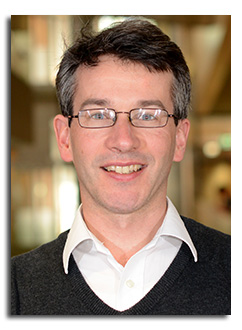
Abstract
Achieving a photovoltaic system efficiency above 70% is a long term aspiration. Multi-junction solar cell architectures hold the highest photovoltaic power conversion efficiency, presently 46% and are likely to reach 50% in the next couple of years. Alternative approaches such as the the intermediate band solar cell offer, in principle, the same efficiency but from a single material. Spectral manipulation using up and down conversion can help augment the efficiency of existing PV technologies while the hot carrier solar cell can, in principle, achieve yet higher efficiencies. The status of these ambitious technologies will be reviewed, but recognising the urgency to tackle global CO2 emissions it is also opportune to consider the possibility for hybrid PV-Thermal systems. It is not unreasonable to aspire towards whole system efficiencies of 70% with hybrid PV-T systems and recent results in developing low emissivity c-Si solar cells for PV-Thermal collectors will be presented together with a broader perspective for the technology.
Click here to see all available video seminars.
Click here to go to the SPREE HOMEPAGE.
Brief Bio
Nicholas Ekins-Daukes (Ned) joined UNSW SPREE in September 2017. Ned’s research aims to fundamentally increase the efficiency of photovoltaic solar cells towards the ultimate efficiency limit for solar power conversion of 87%. From 2008-17, Ned worked in the Physics department at Imperial College London and prior to that at the School of Physics at the University of Sydney. From 2003-06 he was a JSPS research fellow at the Toyota Technological Institute, Japan. Ned holds a PhD and MSc from Imperial College and MSci in Physics & Electronics from the University of St Andrews.
